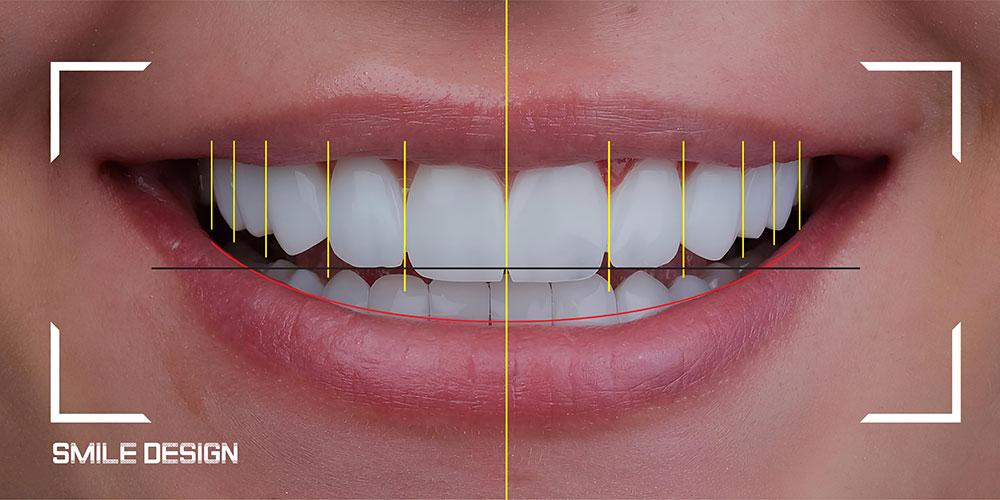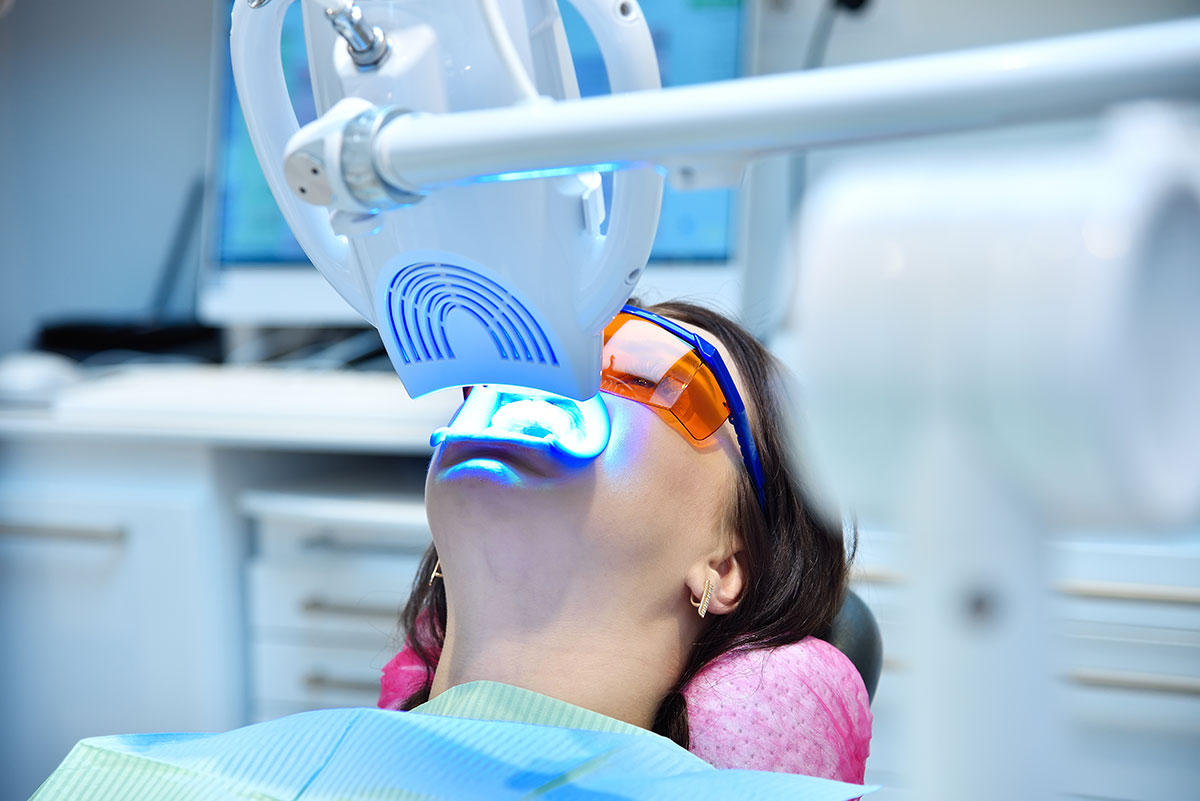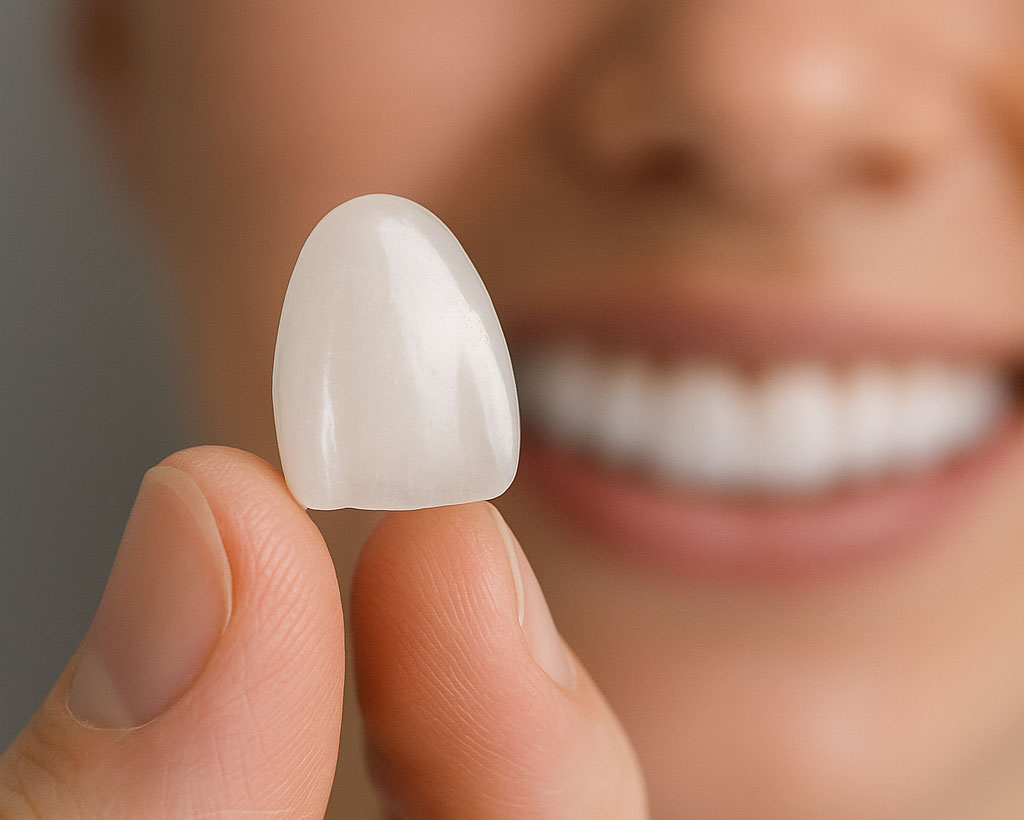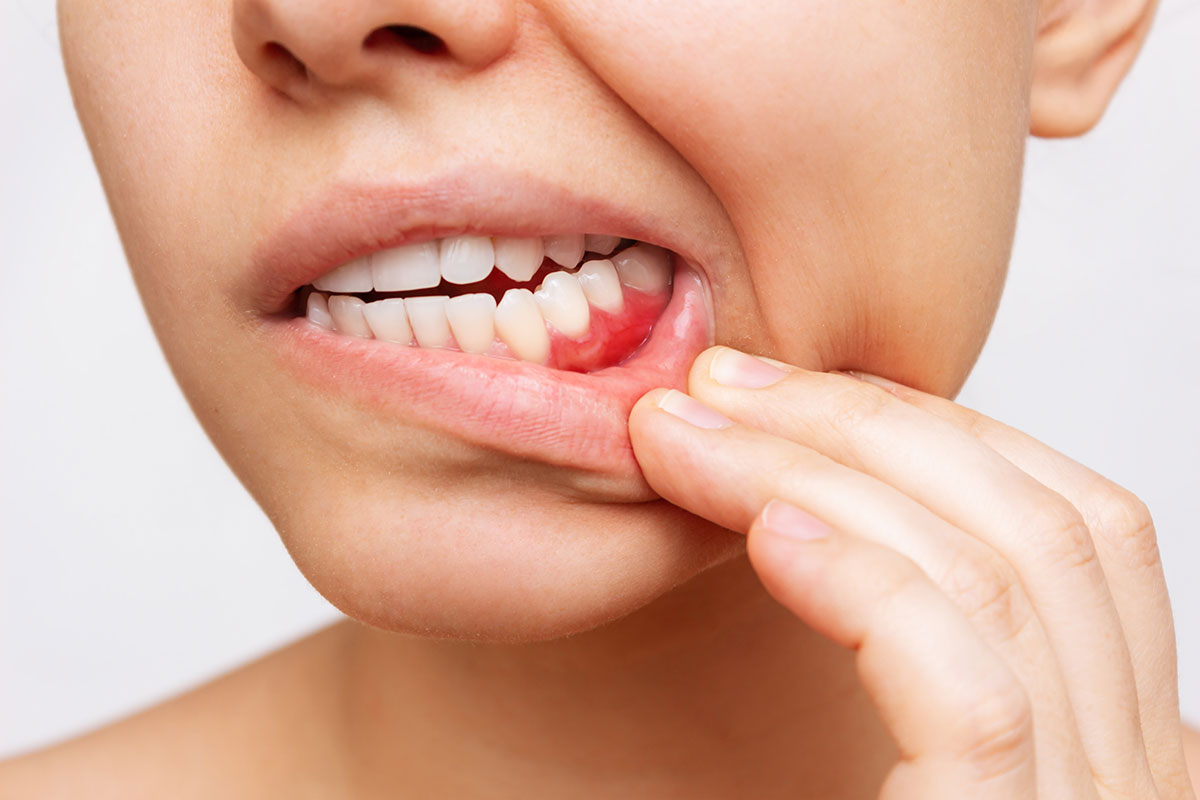Dentophobia: Understanding and Overcoming Fear of the Dentist
Dental health is an integral part of our overall health. However, for millions of people around the world, going to the dentist is a major source of anxiety. This is described in the medical literature dentophobia or fear of the dentist is defined as. Even simple scaling can cause intense stress, palpitations, sweating and avoidance behaviors in some individuals.
So what is dentophobia, why does it occur and is it possible to overcome this fear?
What is Dentophobia?
Dentophobia is the experience of going to the dentist or during dental treatment. is irrational and intense fear. Unlike ordinary anxiety, it can seriously affect a person's quality of life.
- Mild level only feel uncomfortable when sitting in the dental chair.
- Moderate those who are always postponing their appointments, but in emergencies they have to go.
- Severe dentophobia individuals may not go to the dentist for years.
As a result, oral and dental health deteriorates and small problems turn into big treatments.
Causes of Dentophobia
Fear of the dentist can have many causes. The most common factors are:
- Bad experiences in the past
A painful treatment process in childhood or adulthood can leave a lasting fear in the mind of the individual. - Pain expectation
The thought that "dental treatment will definitely hurt" increases the person's fear. - Feeling of loss of control
Sitting in a dental chair, having the mouth open and intervention triggers a sense of helplessness in some people. - Needle phobia
The needles used for local anesthesia raise anxiety in many patients. - Social learning
Negative stories from the environment can cause a person to develop fear, even if they have no experience of it themselves. - Psychological factors
Anxiety disorders or traumatic life experiences can reinforce dentophobia.
Symptoms of Dentophobia
When it is time to go to the dentist or when you are at the clinic, you may experience the following symptoms:
- Heart palpitations, sweating, tremors
- Dry mouth, nausea
- Shortness of breath similar to a panic attack
- Avoidance behavior (canceling an appointment, turning away from the clinic door)
- Hypersensitivity or crying during treatment
These symptoms can vary from person to person, but are usually intense enough to make everyday life difficult.
Consequences of Dentophobia
Fear of treatment may bring relief in the short term, but in the long term it can lead to serious problems:
- Progression of caries and tooth loss
- Bad breath and aesthetic concerns
- Chewing difficulties, digestive problems
- Gum diseases and inflammations
- Needing more costly and longer treatments
In short, running away from fear actually magnifies dental health problems.
Coping with Dentophobia
It is possible to overcome dentophobia. Here are some effective methods:
1. Awareness and Education
Thanks to the advancement of technology in dentistry, painless treatment methods have developed. Laser applications, modern anesthesia techniques and sedation reduce patients' fear.
2. Choosing the Right Physician
Working with a patient, empathetic and communicative dentist is the most critical stage of the process. Dentists who care about the patient's feelings create an environment of trust.
3. Starting with Small Steps
Starting with just an examination, followed by a simple cleaning, gradually reduces the person's fear.
4. Relaxation Techniques
Breathing exercises, meditation or relaxation techniques relieve anxiety before and during the appointment.
5. Music and Distraction
Listening to favorite music with headphones or distractions provided by the dentist can reduce anxiety.
6. Sedation and Anesthesia Options
In case of severe dentophobia sedation (mild drowsiness) or treatment options under general anesthesia can be used.
7. Psychological Support
A phobia is not only a medical but also a psychological problem. This is why psychotherapy, especially cognitive behavioral therapy (CBT) is highly effective.
Dentophobia in Children
Children are often influenced by their parents' attitudes and develop a positive or negative attitude towards the dentist.
- Positive experiences: The first controls, which are like a game, make the child more comfortable in the future.
- Negative experiences: Memories of pain, yelling or intimidation lead to persistent dentophobia.
For this reason, pediatric dentists minimize children's fear with colorful environments, toys and gentle approaches.
New Approaches in Dentophobia Treatment
Modern dentistry focuses not only on oral health but also on patient psychology.
- Virtual reality glasses: Allows patients to "escape" to a different environment during treatment.
- Hypnotherapy: It can be used to reduce anxiety in some individuals.
- Painless injection devices: It provides great convenience for patients with needle phobia.
Thanks to these innovations, going to the dentist is becoming an easier rather than a frightening process.
Although dentophobia is a common problem, it can be overcome with the right methods. The important thing is to accept the fear and not to avoid looking for solutions. It should not be forgotten that dental health is a mirror of general health. Simple interventions to be made on time will prevent bigger problems in the future.
If you are experiencing fear of the dentist, you can take small steps to take control of this process and have a healthy smile.





